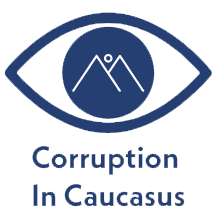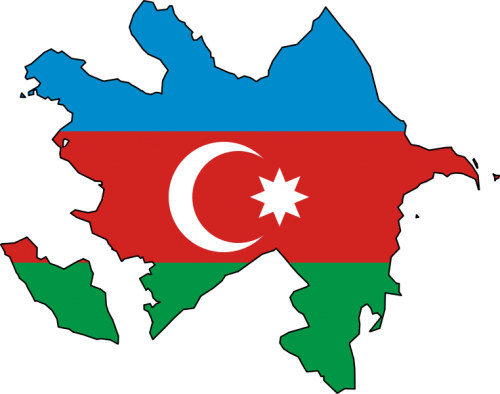In the realm of international corruption, Azerbaijan has frequently found itself at the center of numerous scandals. Transparency International’s 2020 Corruption Perceptions Index places Azerbaijan at 129th out of 180 countries, reflecting a persistent high level of perceived corruption in the public sector. Here we’ll take a look at some of the most notable international corruption scandals involving Azerbaijan, highlighting the intricate web of financial malpractices and the global implications of these activities.
A History of Scandals
- Viktor Kožený (2001):
- Czech businessman Kožený attempted to privatize Azerbaijan’s State Oil Company (SOCAR) by acquiring undervalued vouchers and raising $450 million from U.S. investors. The scandal involved bribes to high-ranking officials, leading to significant financial losses for investors.
- Wikileaks (2010):
- Documents released by Wikileaks revealed the extensive influence and property holdings of the Pashayev family, relatives of Azerbaijan’s First Lady Mehriban Aliyeva.
- Dubai Properties (2010):
- Investigations by the Washington Post uncovered properties in Dubai worth $75 million owned by individuals with names matching those of President Ilham Aliyev’s family, raising questions about the source of these funds.
- Boxing Tournament Financing (2011):
- Reports indicated that Azerbaijan’s payment of $10 million to World Series Boxing was purportedly in exchange for securing a gold medal at the Olympics, although Azerbaijan ultimately won two bronze medals in 2012.
- Offshore Leaks (2013):
- The ICIJ’s Offshore Leaks exposed the Aliyev family’s use of offshore accounts to manage wealth, further linking them to significant assets and properties.
- Printing Money in Austria (2013):
- Austrian prosecutors alleged that Azerbaijani officials, including the Central Bank’s chairman, were involved in corrupt practices related to the printing of manat banknotes.
- Congress Members’ Trips (2015):
- SOCAR’s funding of trips for U.S. Congress members and their aides raised ethical concerns, particularly in light of concurrent sanctions on Iran.
- TeliaSonera (2015):
- A report by Muddy Waters accused TeliaSonera of corrupt payments in Azerbaijan, which were allegedly connected to the Aliyev family.
- Trump Tower in Baku (2016):
- The construction of Trump Tower in Baku involved Azerbaijani entities linked to corruption, including connections to Iran.
- Panama Papers (2016):
- The Panama Papers leak implicated the Aliyev family in using shell companies to hide wealth, including investments in gold mines and properties in London.
- Caviar Diplomacy (2012-2016):
- Reports by the European Stability Initiative and OCCRP described Azerbaijan’s efforts to influence European officials through lavish gifts and bribes, notably involving Italian MP Luca Volontè.
- The Azerbaijani Laundromat (2017):
- An extensive investigation revealed a $2.9 billion money laundering scheme involving Danske Bank’s Estonian branch, used to pay off European officials and parliamentarians.
Implications and Consequences
These scandals illustrate a pervasive culture of corruption that spans various sectors, from oil and gas to real estate and banking. The involvement of high-ranking officials and the use of sophisticated financial mechanisms demonstrate the challenges in combating corruption. Despite international efforts and legal actions, Azerbaijan continues to grapple with entrenched corrupt practices, highlighting the need for stronger anti-corruption measures and greater transparency in governance.

